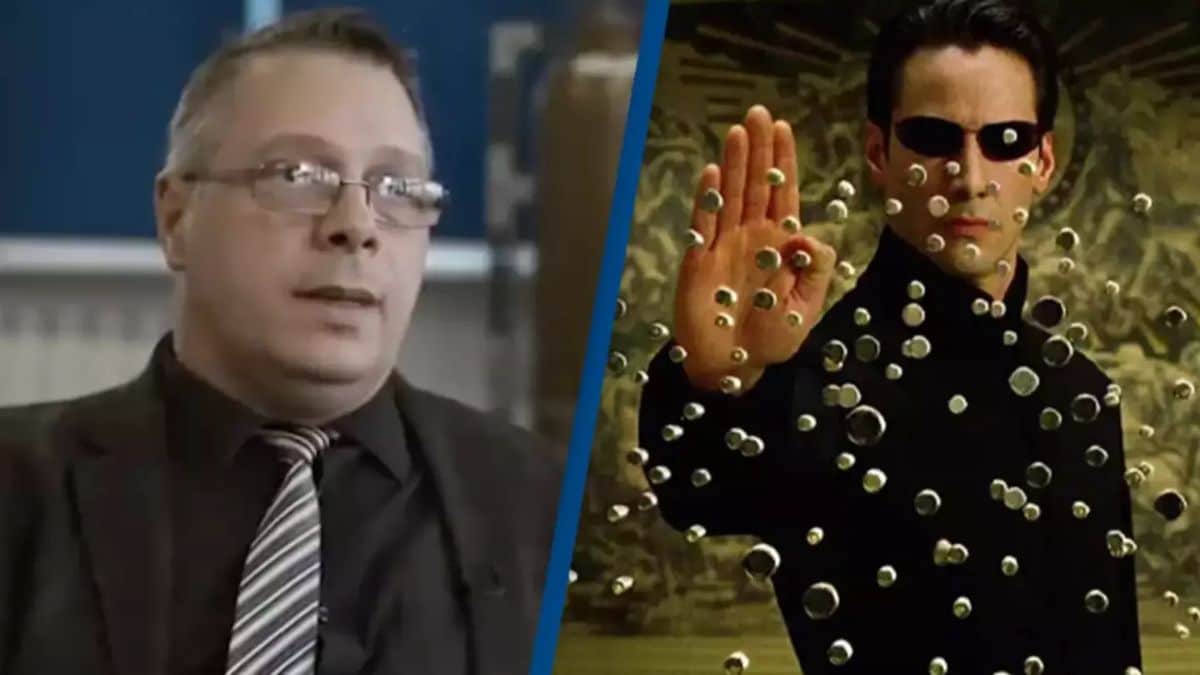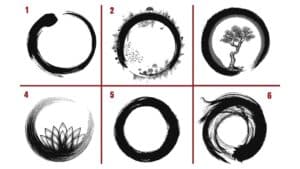The concept of reality as a simulation has moved beyond science fiction into serious scientific debate. Recently, physicist Melvin Vopson from the University of Portsmouth has presented what he believes to be evidence supporting this extraordinary claim. His work challenges fundamental laws of physics and offers a new perspective on the nature of our existence.
The scientific foundation of simulation theory
Melvin Vopson’s research explores the fascinating intersection between information theory and fundamental physics. In his book “Reality Reloaded,” Vopson presents a compelling case that **our perceived reality might be an elaborate construction** rather than the objective world we assume it to be.
At the core of his hypothesis lies a contradiction to established physical principles. While the second law of thermodynamics dictates that entropy (disorder) in isolated systems must increase or remain constant, Vopson’s research into information systems reveals something unexpected: entropy in these systems tends to decrease toward equilibrium.
This fundamental difference led Vopson to propose his “second law of infodynamics,” suggesting that **information behaves distinctly from other forms of matter and energy**. If information doesn’t follow the same rules as physical systems, it raises profound questions about the nature of reality itself.
The implications extend across multiple scientific domains:
- Atomic physics – challenging how we understand particle interactions
- Cosmology – offering new perspectives on universal patterns
- Biological systems – potentially explaining organizational principles in living organisms
- Computational models of reality – supporting simulation theory
WhatsApp Trick To Know A Contact's Location Without Them Knowing
What's The Real Ideal Distance To Walk Every Day To Get Back In Shape?
Information as the fifth state of matter
A particularly revolutionary aspect of Vopson’s theory involves redefining how we categorize matter. Beyond the traditional states (solid, liquid, gas, plasma), Vopson proposes information itself as a **fifth distinct state of matter** with measurable physical properties.
According to this framework, atoms contain not just the masses of their constituent particles but also tiny masses of information necessary for their interactions. This informational content governs how particles relate to each other and the universe at large.
The scientific community has long recognized that matter contains specific informational content. What’s novel in Vopson’s approach is considering this information as a fundamental property with physical characteristics rather than an abstract concept.
Consider how this perspective changes our understanding of fundamental interactions:
| Traditional View | Infodynamic View |
|---|---|
| Physical forces govern particle interactions | Information content directs particle behavior |
| Entropy always increases | Information entropy can decrease |
| Reality as objective physical existence | Reality as information-based construction |
Beyond the Matrix: philosophical implications
When discussing simulation theory, comparisons to the Wachowski sisters’ “Matrix” films are inevitable. However, Vopson’s work moves this concept from philosophical thought experiment to potential scientific reality.
If our universe operates according to infodynamic principles rather than purely thermodynamic ones, it suggests an underlying computational nature to existence. This aligns with the idea that **reality could be generated by processes similar to advanced computing systems**.
The scientific community remains divided on these theories. Skeptics point to the enormous computational requirements needed to simulate an entire universe with quantum-level detail. Proponents counter that an advanced civilization might have capabilities far beyond our current understanding.
Popular Mechanics reported on Vopson’s work, bringing wider attention to his controversial theories. While still requiring further validation, these ideas challenge us to reconsider fundamental assumptions about the nature of reality.
Marines jumped overboard after seeing what was lurking in the water
Personality Test: The Circle You Pick Reveals The Truth About Your Soul
Future directions for simulation research
Vopson’s theories open new avenues for scientific exploration. If information truly behaves differently from matter as traditionally understood, researchers might develop novel experimental approaches to test these principles.
Finding further evidence for the second law of infodynamics would strengthen the simulation argument. Conversely, identifying situations where information systems follow traditional thermodynamic patterns might limit its applicability.
Whether or not we eventually prove we exist within a simulation, this research expands our understanding of information’s role in physical systems. The quest to understand **reality’s fundamental nature** continues, with each new theory bringing fresh perspectives to age-old questions.
As we await further developments in this field, Vopson’s work reminds us that science constantly evolves, sometimes challenging our most basic assumptions about existence itself.







